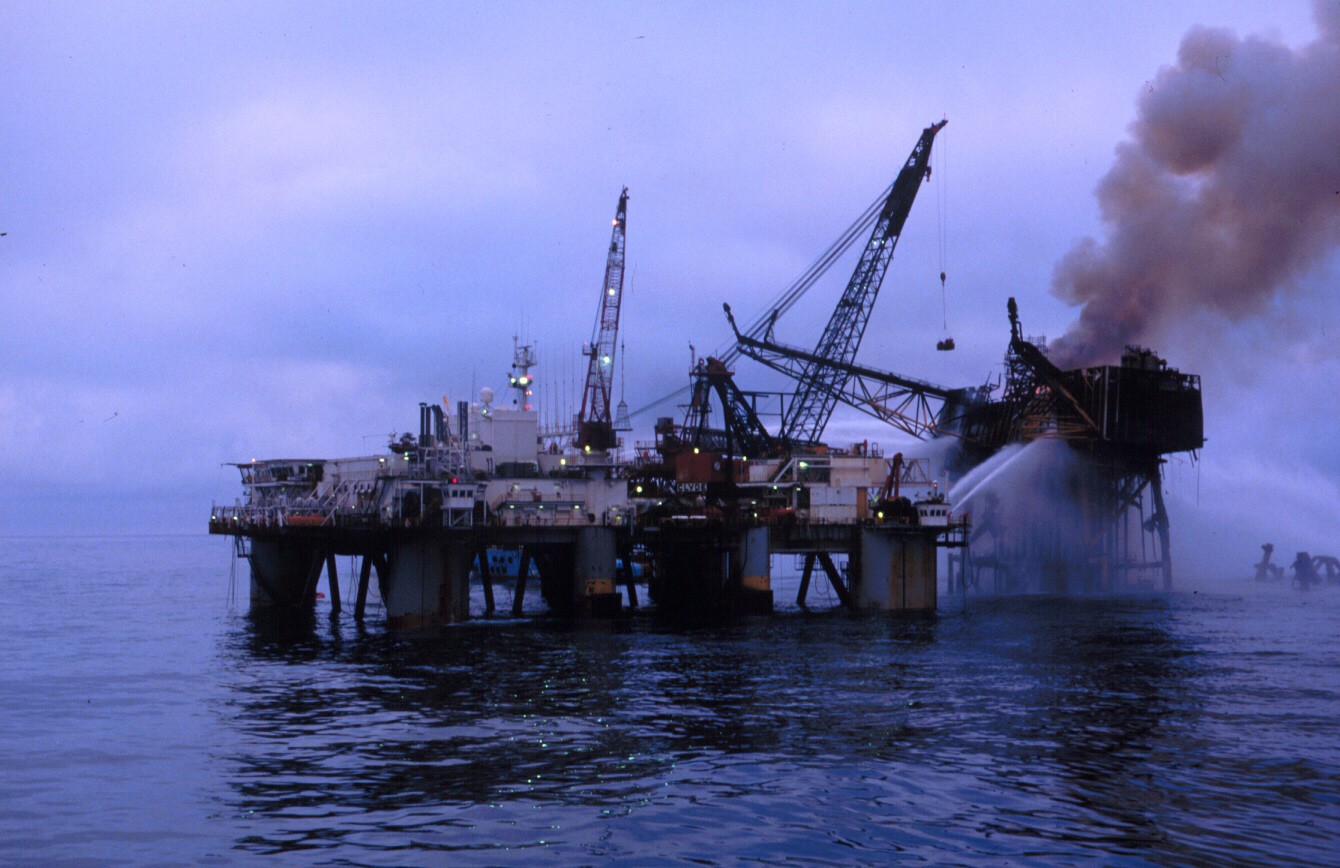Barrier against corrosive elements
Corrosion protection coatings act as a barrier between the metal substrate of offshore structures and corrosive elements present in the marine environment. By applying corrosion-resistant coatings to exposed surfaces, such as steel platforms, pipelines, and equipment, operators can mitigate the risk of corrosion-related failures and extend the service life of critical assets.
Cathodic protection enhancement
In addition to barrier coatings, offshore structures often employ cathodic protection systems to further prevent corrosion. Corrosion protection coatings can enhance the effectiveness of cathodic protection by providing an additional layer of defense against corrosive agents, thereby reducing the need for frequent maintenance and repair activities.
FIre resistant and thermal insulation
Some corrosion protection coatings are formulated to provide fire resistance and thermal insulation properties, which are particularly important in offshore environments where the risk of fire-related incidents is elevated. Fire-resistant coatings help contain fires and prevent them from spreading rapidly, enhancing the overall safety of offshore installations and personnel.
Compliance with industry standards
Adherence to industry standards and regulations, such as those set forth by the International Maritime Organization (IMO) and the American Petroleum Institute (API), is crucial for ensuring the proper selection, application, and maintenance of corrosion protection coatings. By complying with established guidelines, operators can minimize the risk of corrosion-related accidents and maintain operational integrity.

